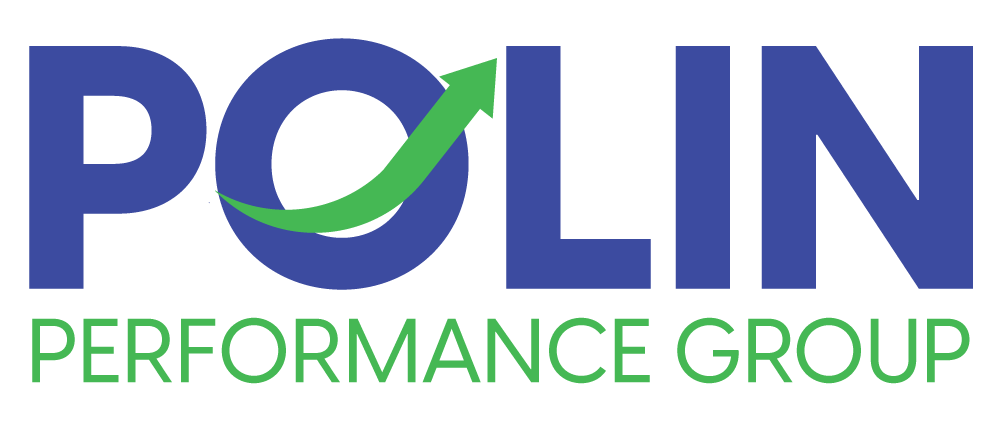Sales Management Best Practices: Building and Leading a High-Performing Sales Team
Building and leading a high-performing sales team requires a combination of effective strategies and strong leadership skills. It is important to develop a strategy and take the time to execute on that strategy. Building a high-performing sales team is the best way to ensure success in your organization. Some of the best practices to consider when building a high-performing sales team include:
- Hire and onboard the right talent: Identify the qualities of your ideal candidate BEFORE you start the hiring process. Look for candidates with a track record of success in sales, strong communication skills, and a positive attitude. Make sure that your job description and interview style reflect the attributes that you are looking for in your ideal candidate. During the onboarding process, provide comprehensive training to ensure new hires understand your products/services, target audience, sales processes, and company values. Define benchmarks and achievements that you are looking for from your new hire in their first 30-60-90 days of employment.
- Set clear goals and expectations: Define specific, measurable, attainable, relevant, and time-bound (SMART) goals for your team. Communicate these goals clearly and regularly and align them with individual sales targets. Establish clear expectations for performance standards, work ethics, and behavior. Ensure that there is ongoing feedback between the salesperson and the sales manager/owner.
- Foster a positive sales culture: Create a supportive and collaborative environment where team members feel motivated, valued, and engaged. Encourage healthy competition, celebrate successes, and provide constructive, real-time feedback when needed. Foster a culture of continuous learning and improvement.
- Provide ongoing training, coaching and development: Invest in regular sales training and sales coaching to enhance the skills and knowledge of your team members. Offer individual coaching, mentorship, and opportunities for professional growth. Allow your sales team members to network and join organizations where they can build their skills and grow their network. Stay up to date with industry trends and best practices and share relevant insights with your team.
- Implement effective sales processes: Develop and document clear sales processes that guide your team's activities from lead generation to deal closure. Define the stages, key actions, and metrics for each step. Regularly review and refine these processes based on feedback and data insights.
- Utilize technology and tools: Leverage sales management tools and technologies to streamline processes, track performance, and improve efficiency. Implement a customer relationship management (CRM) system to manage leads, contacts, and customer interactions. Use analytics tools to gain insights into sales performance and identify areas for improvement. Hold your team accountable on a weekly basis.
- Encourage effective communication: Foster open and transparent communication within your team. Conduct regular sales meetings (with an agenda) to discuss progress, challenges, and strategies. Encourage collaboration, best practices, and knowledge sharing among team members. Use technology platforms and tools to facilitate communication and provide real-time updates.
- Establish performance metrics and measurement: Define key performance indicators (KPIs) that align with your sales goals. Track and measure these metrics consistently to monitor individual and team performance. Make sure that you are tracking leading indicators (sales behaviors to fill the pipeline) and lagging indicators (sales results). Provide regular feedback and recognition based on objective data to drive improvement.
- Empower and delegate: Trust your team members and delegate responsibilities according to their strengths. Empower them to make decisions and take ownership of their work. Encourage autonomy while providing guidance and support when needed.
- Lead by example: Be a role model for your team by demonstrating the qualities and behaviors you expect from them. Show dedication, integrity, and a strong work ethic. Be responsive, supportive, and accessible to your team members. Lead with enthusiasm and maintain a positive attitude, even during challenging times.
Remember that building a high-performing sales team is an ongoing process. Continuously assess and adapt your strategies to meet changing market conditions and evolving customer needs. Regularly seek feedback from your team and strive for continuous improvement.
If you are interested in exploring ways that Polin Performance Group can help you build and manage your sales team (or perhaps help with accountability), please reach out to Polin Performance Group by emailing us at evan@polinpg.com or calling us at 215-970-2360.
Schedule a Time for a
Free Consultation
Contact Us

You might also like




